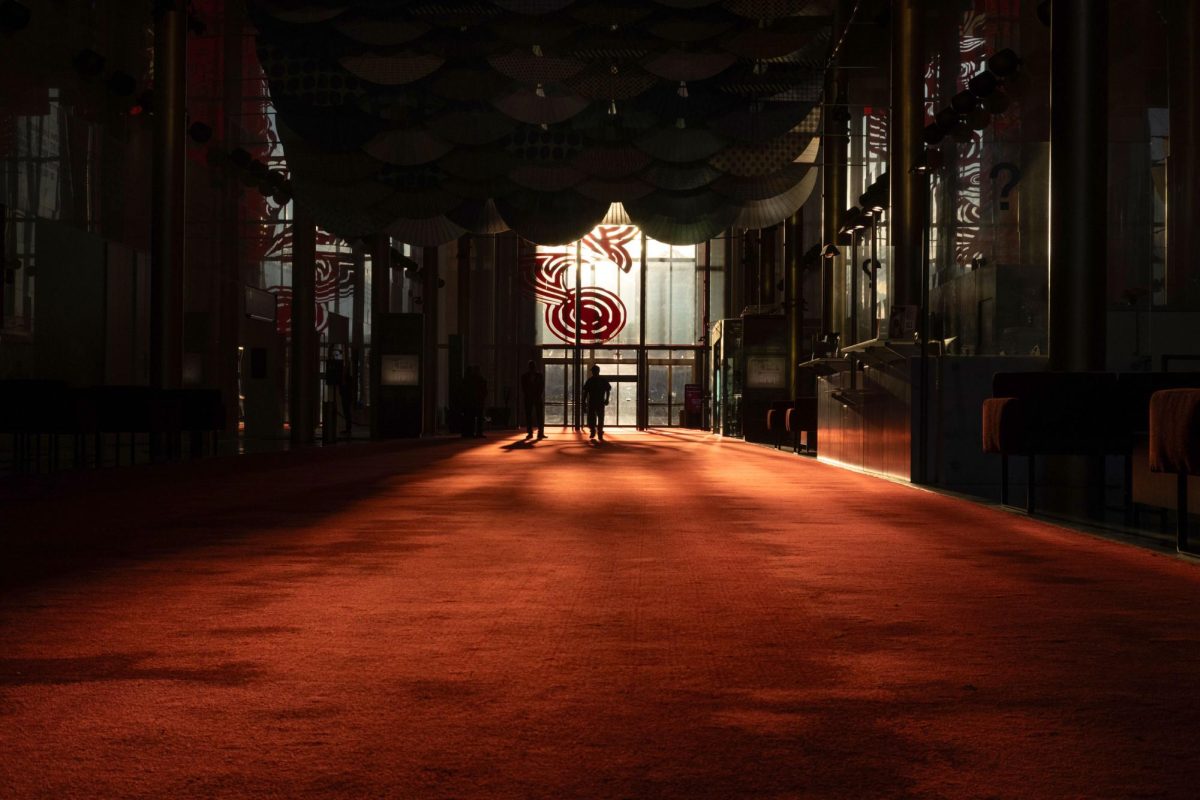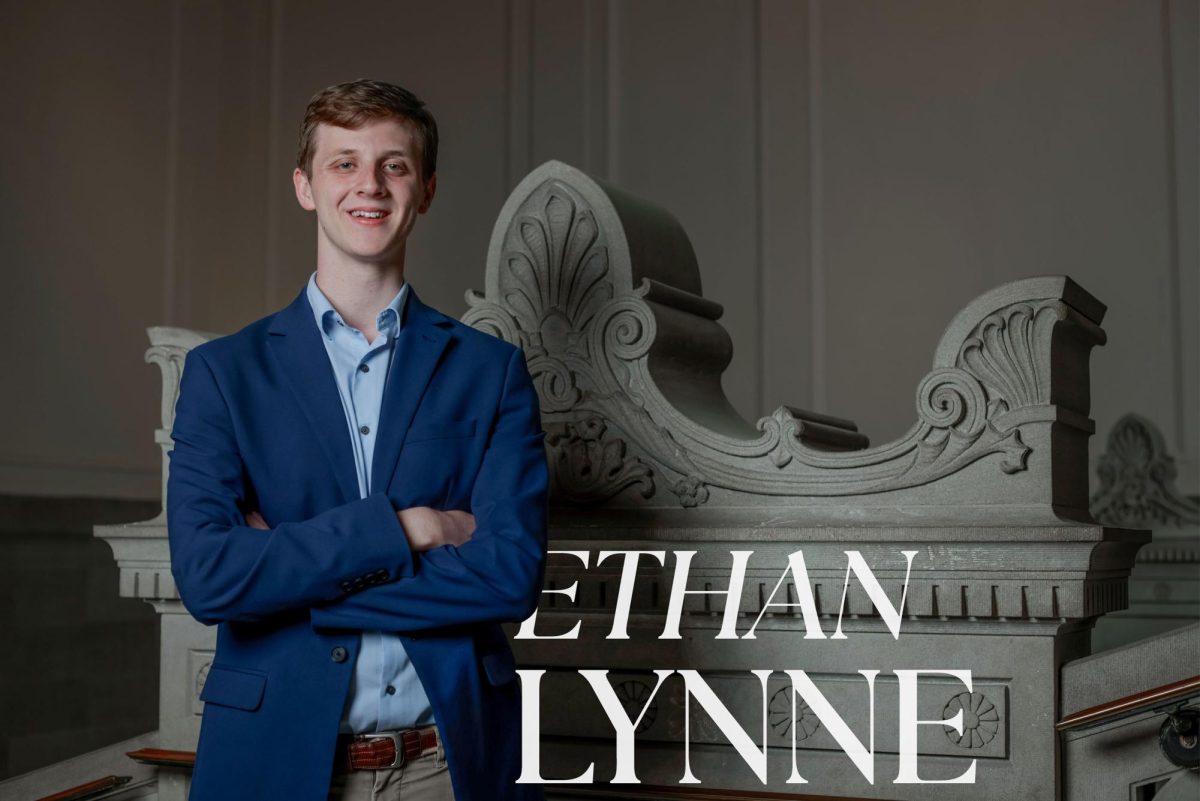GW cancelled classes and took safety precautions against bomb threats Tuesday after reported terrorist attacks at the Pentagon and the World Trade Center in New York City.
Two questionable packages suspected to be bombs arrived at the Marvin Center and caused an emergency evacuation at about 10:30 a.m., said Dolores Stafford, director of University Police. They were not bombs, and students were let back in, she said.
A bomb threat was also reported in Ross Hall at 11:30 a.m., said Barbara Porter, GW Medical Center spokeswoman. The building was also evacuated, and police swept the area but did not find anything, she said.
Students unaware of the attacks or uninformed of GW’s reaction filed back from cancelled classes to their residence halls. Phone lines jammed and cell phones failed, preventing students and parents from reaching each other, while students waited in rooms watching the tragedies unfold on television.
Other students were evacuated from The Aston, Crawford Hall and International House. The Aston was cleared of students as a result of a bomb threat at the Wyndham Hotel next door, Stafford said.
International House and some floors of Crawford were evacuated by Community Facilitators, said Mike Freedman, vice president of communications. It was not an official GW order, and CFs decided to evacuate to be cautious, he said.
Freedman said University officials talked about evacuating residence halls but did not think it was necessary and may have frightened students.
On the streets, small crowds gathered around cars to hear radios blasting the latest news. The streets eventually cleared, and Kogan Plaza was empty by 11:40 a.m.
By 6:30 p.m. GW had decided to hold classes the next day. Although schools and universities across the nation were closed, GW joined area organizations to remain open, including all government buildings and Howard and Georgetown universities.
“You look around the GW campus and there’s no reason not to hold classes,” Freedman said.
“This is not just the University’s problem,” he said. “We’re taking appropriate precautions. It’s a very scary situation. This may be the single worst day in the U.S. since in Pearl Harbor.”
GW President Stephen Joel Trachtenberg offered condolences in a letter to the community, saying that the attacks had left the University “devastated.”
“There is no doubt that our community and our nation will be touched in many ways by this catastrophe,” he wrote.
Stafford said UPD increased security by including more patrols and officers on bicycles around campus. UPD officers and staff were checking GWorld cards outside the Marvin and Academic centers.
Counseling was available in rooms 411, 413 and 414 in the Marvin Center.
Student Association President Roger Kapoor was walking around talking to students to address their concerns Tuesday. UPD was looking for suspicious-looking cars, and CFs were checking rooms, Kapoor said.
Freedman said they are better equipped to deal with the attacks as a result of the plans for anticipated protests during the International Monetary Fund and World Bank meetings later this month.
“(There are) grave concerns for future terrorist attacks,” Freedman said. “In many ways it’s been our worst case scenario.”
By Wednesday, a somber feeling had taken over the campus, as students tried to go back to normal lives.
By Wednesday afternoon, the GW Hospital had cared for 12 patients injured during the Pentagon attack, according its Web site. All patients were treated and released.
People who want to donate blood may call 1-800-BLOODSAVES.
“The best things as of now are if you’re religious to pray or to maintain a sense of calm and to take every precaution,” Freedman said.
-Mira Katz contributed to this report.





